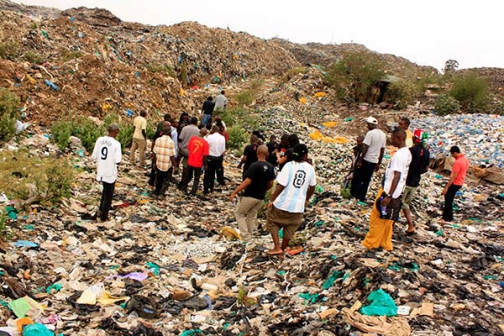×
The Standard e-Paper
Fearless, Trusted News

There is a popular Swahili refrain that ‘taka ni pato,’ meaning that garbage provides livelihoods. A visit to Dandora dumpsite will reveal how enterprising Kenyans literally turn the mountain of garbage that is dumped there into hills of cash.
While this is laudable, it is also a reminder that our society here in Kenya and especially in the developed world often produces and consumes in a very unsustainable way.